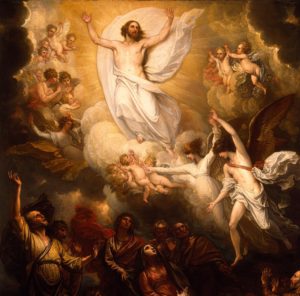 The Twelve Days of Commission conclude today in the Ascension of Jesus. This feast day is one of the Four Great Thursdays of AUR, the other three being Garden Thursday, Declaration Thursday, and Harvest Thursday.
The Twelve Days of Commission conclude today in the Ascension of Jesus. This feast day is one of the Four Great Thursdays of AUR, the other three being Garden Thursday, Declaration Thursday, and Harvest Thursday.
Ascension commemorates the return of Jesus to Heaven between two angels. This imagery places a final seal on the importance of reconciled, complementary virtues to Christian morality by closing Jesus’ time on Earth with symbolism that echoes a consistent theme throughout religion, both Christian and otherwise.
For example, in the book of Numbers, we read that the Word of God came to the Jews from between the two angels on the “Reconciler,” a device which sat atop the Ark of the Covenant.
Medieval Jewish theologian Moses Maimonides explained that these two angels on the Ark represented the punitive and beneficent aspects of God, reconciled in God’s Unity.
This moral message of reconciled virtues can also be seen symbolically in the prophecy of Isaiah that the Anointed returns when the wolf and the lamb, the leopard and the kid, and the lion and the calf lie down together.
In the Christian idiom are repeated lessons in reconciled, complementary virtues: Law and Wisdom reconciled in true religion, Faith and Hope reconciled in Divine Love, the shrewdness of serpents and the innocence of doves reconciled in the attitude of a true Christian.
Justice and mercy, strength and kindness, the arrow and the olive branch: these are the yin and yang of the Abrahamic idiom. Only together and reconciled are these virtues; apart and partisan, they become the vices of Beast and Babylon, rage and lust, violence and libertinism, authoritarianism and anarchy.
The Reconciling Word of God, manifest in Jesus of Nazareth, returned to Heaven between two angels representing the benevolent and punitive aspects of God, angels who appeared beside him echoing the cherubim of the Ark. It is this image, and its rich spiritual meaning, that we commemorate on Ascension Thursday.
[A version of this homily was published on a previous Ascension Thursday.]
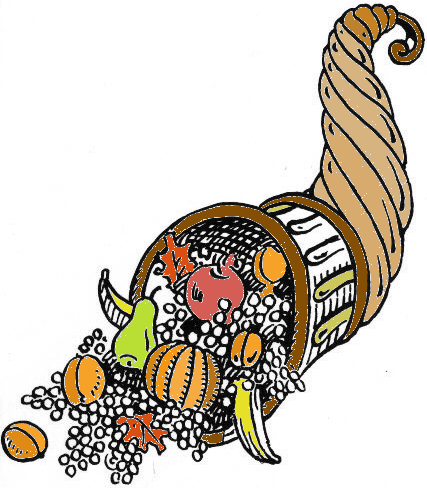 Vital to the full vision of Thanksgiving, as we remember that good things come to our lives through meetings, is the risk involved in such meetings.
Vital to the full vision of Thanksgiving, as we remember that good things come to our lives through meetings, is the risk involved in such meetings.
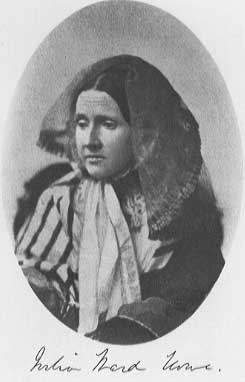
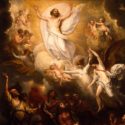
 The
The  Today is Loyal Thursday, the 4th Thursday after Easter and the Ultimate Thursday of the 12 Days of Trust, the second dozenal of the Ascension Season.
Today is Loyal Thursday, the 4th Thursday after Easter and the Ultimate Thursday of the 12 Days of Trust, the second dozenal of the Ascension Season. Joyful Thursday, the second Thursday after Easter, is the Ultimate of the 12 Days of Blessings, the first of the three dozenals of the Ascension Season.
Joyful Thursday, the second Thursday after Easter, is the Ultimate of the 12 Days of Blessings, the first of the three dozenals of the Ascension Season.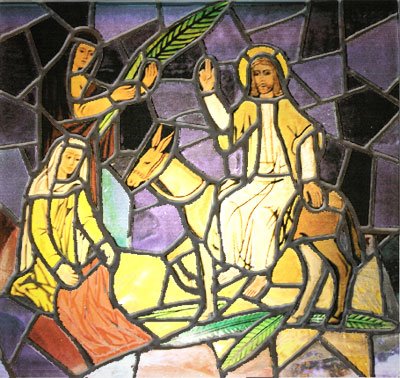 Palm Sunday commemorates the day Jesus entered Jerusalem on the back of a colt (or donkey) with throngs of Messianic enthusiasts paving the way with palm fronds. Celebrations of this holiday therefore often include palms.
Palm Sunday commemorates the day Jesus entered Jerusalem on the back of a colt (or donkey) with throngs of Messianic enthusiasts paving the way with palm fronds. Celebrations of this holiday therefore often include palms.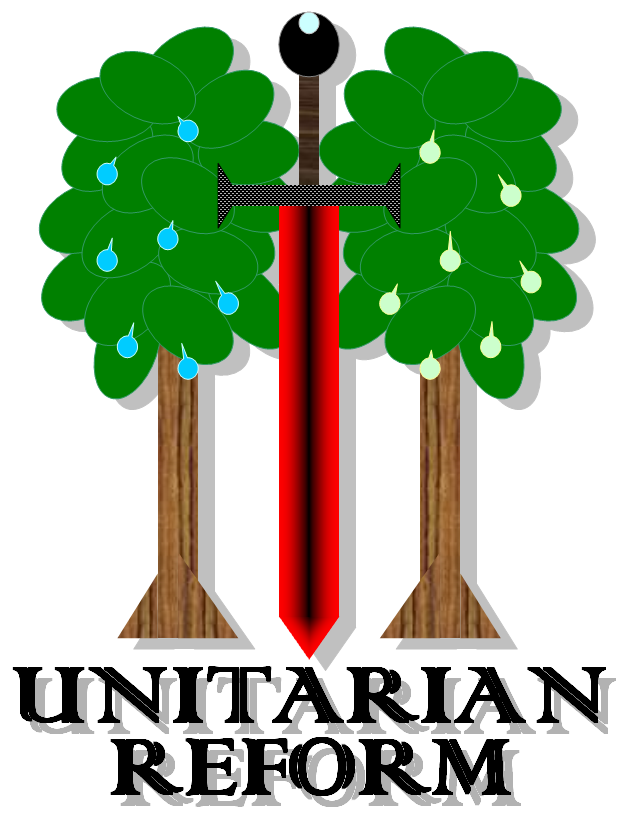 Earlier this year, a
Earlier this year, a  During this Lenten season leading up to
During this Lenten season leading up to  One of the primary divisions in the Christian religion is the chasm separating the pietist approach, emphasizing a rigorous Christian lifestyle, from the liturgical approach, emphasizing ritualized public worship.
One of the primary divisions in the Christian religion is the chasm separating the pietist approach, emphasizing a rigorous Christian lifestyle, from the liturgical approach, emphasizing ritualized public worship.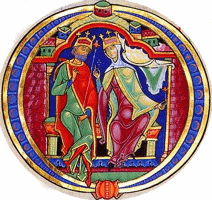 Today is Music Thursday, the
Today is Music Thursday, the